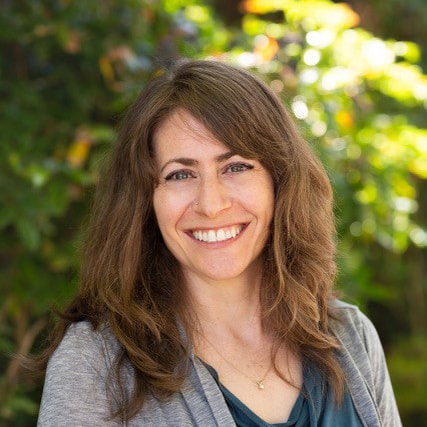Instructors:
|
Hillary Parsons, Ph.D., is a practicing forensic anthropologist specializing in the recovery and identification of human skeletal remains. She received her Ph.D. in biological anthropology from the University of Tennessee, her M.A. in anthropology from the University of Montana, and her B.S. from Montana State University in her hometown of Bozeman, Montana. Hillary has instructed short-courses of topics in forensic anthropology for the past 15 years, is a member of the American Association of Physical Anthropologists, and an Associate member of the American Academy of Forensic Sciences. Dr. Parsons is the sole-proprietor of her forensic anthropology-consulting firm, Odyssey Anthropology L.L.C., providing forensic anthropological and archaeological services at home and abroad. Hillary regularly provides her expertise for law enforcement and other medicolegal entities on modern forensic casework. Teresa ‘Lilly’ White, PhD, is a native Montanan. She received her BSLS in 2005 from MSU-B, her BA in Forensic Anthropology in 2011, her MA in Forensic Anthropology in 2013, and her PhD in Anthropology in 2019, from the University of Montana. Lilly and her husband, Stocky (also a PhD in Anthropology), are the owners of Bone & Stone Anthrosciences, L.L.C., where they provide Anthropological & Archaeological Consulting Services and Educational Workshops to Federal, State, County, Tribal, and City Law Enforcement Personnel, Coroners/Death Investigators, Chaplains, Public Safety Officers, Forensic Practitioners, Physicians and Nurses, Mental Health Practitioners, Funeral Personnel, International Emergency Services companies, and others. She teaches courses on: cultural and forensic anthropology, osteology, death investigations, death notification studies including compassion fatigue and vicarious trauma, human decomposition and entomology, thermal and explosives trauma on bodies, bone pathology and taphonomy, forensic recovery of scattered human remains, clandestine grave discovery and excavation, cold case investigations, end-of-life issues, grief facilitation, differentiating perimortem gunshot trauma from blunt force, after a car fire, autoerotic asphyxia (AeA), equivocal deaths, bloodstain pattern analysis, social determinants of health for sexual abuse victims, dark tourism, and other fascinating topics. |
ATTENDInterested in attending one of these courses? Check out our Upcoming Courses page for information on all scheduled courses.
|
HOSTYou can bring this course to your location! For more no-obligation information or to complete a hosting application, click below.
|


